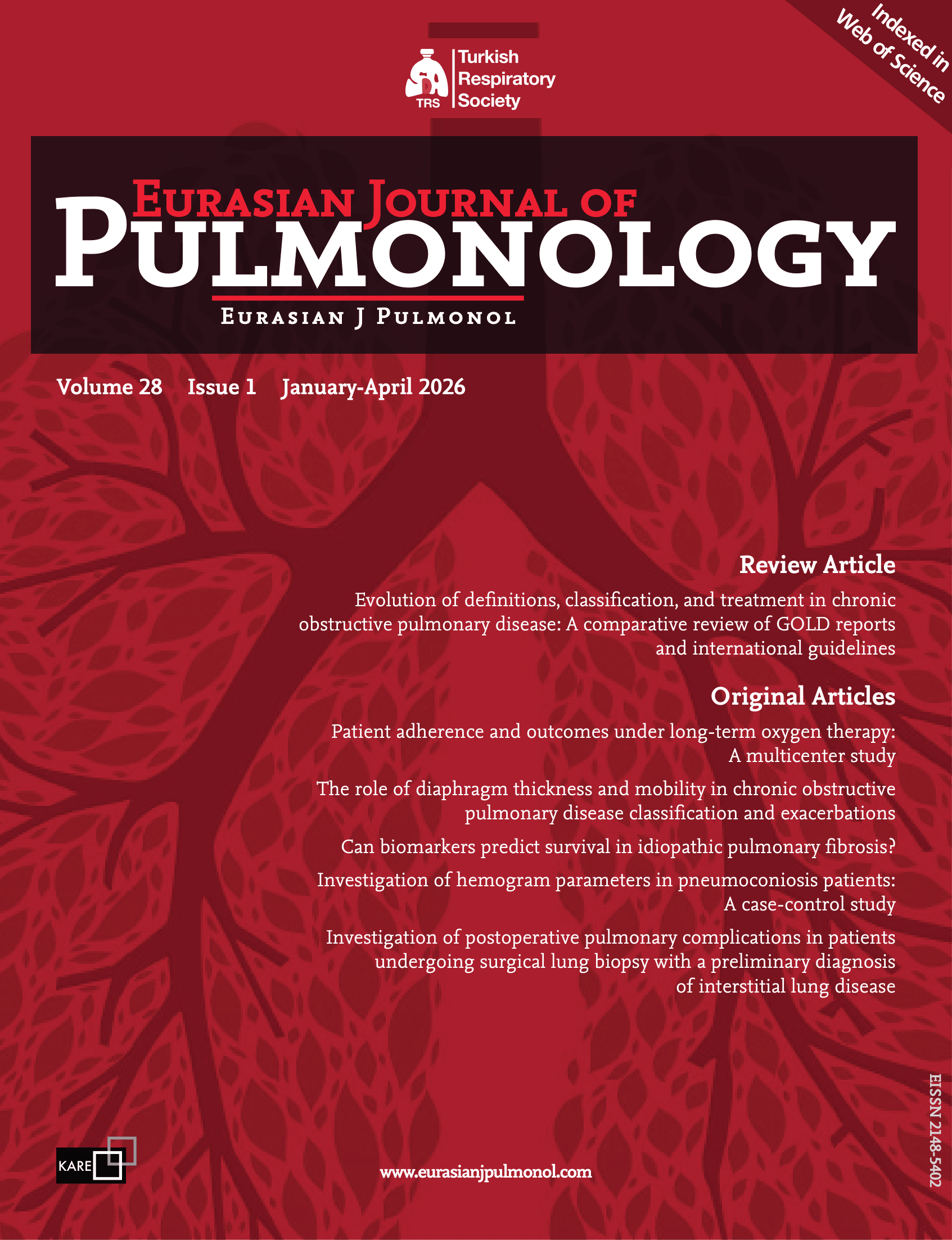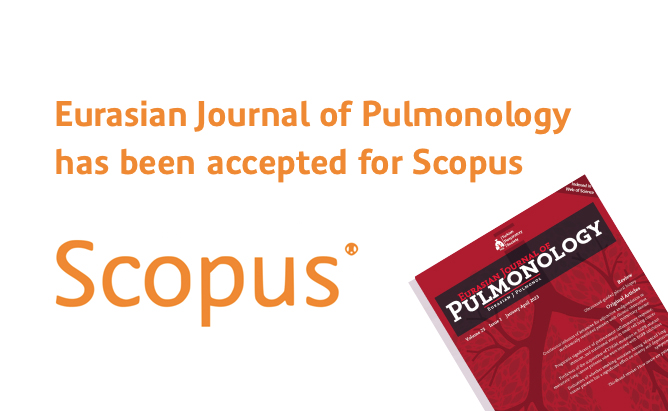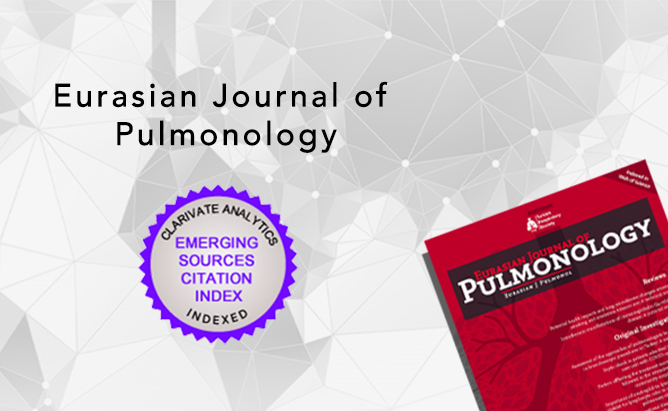2Department of Psychiatry, Hatay Training and Research Hospital, Hatay, Türkiye
3Department of Statistic, Ufuk University Faculty of Medicine, Ankara, Türkiye
Abstract
BACKGROUND AND AIM: The novel Coronavirus disease (COVID-19) emerged in China in 2019 and significantly affected the entire world. The pandemic and the restrictions led to an increase in the frequency of mental health disorders (i.e., depression and anxiety) and insomnia. The aim of the study was to evaluate mental health disorders in patients who were hospitalized because of COVID-19. The patients were evaluated 6 months after hospital discharge.
METHODS: A total of 114 patients who were hospitalized at Ufuk University Hospital with the diagnosis of COVID-19 were consented to participate in the posttreatment questionnaire about demographics and a Depression, Anxiety, and Stress Scale-21. The Pittsburgh Sleep Quality Index was also given to the patients to answer.
RESULTS: In our study, anxiety symptoms were detected in 34 (29.8%) individuals, stress symptoms in 9 (7.9%) individuals, and depressive symptoms in 17 (14.9%). When gender, education level, age, and marital status were evaluated, there was no significant relationship observed between depression, anxiety and stress, and sleep disorders. Only those with a history of psychiatric illness had significantly higher levels of anxiety, stress, and depression (p=0.040, p=0.047, and p=0.009, respectively). Sleep quality was poor in 88 (77.2%) patients and good (normal) in 26 (22.8%) patients.
CONCLUSIONS: The results show that the sleep quality of the patients deteriorated and the symptoms of stress and anxiety increased during the COVID-19 pandemic period. Patients with a previous history of psychiatric illness were more affected.




 Esen Sayın Gülensoy1
Esen Sayın Gülensoy1 




